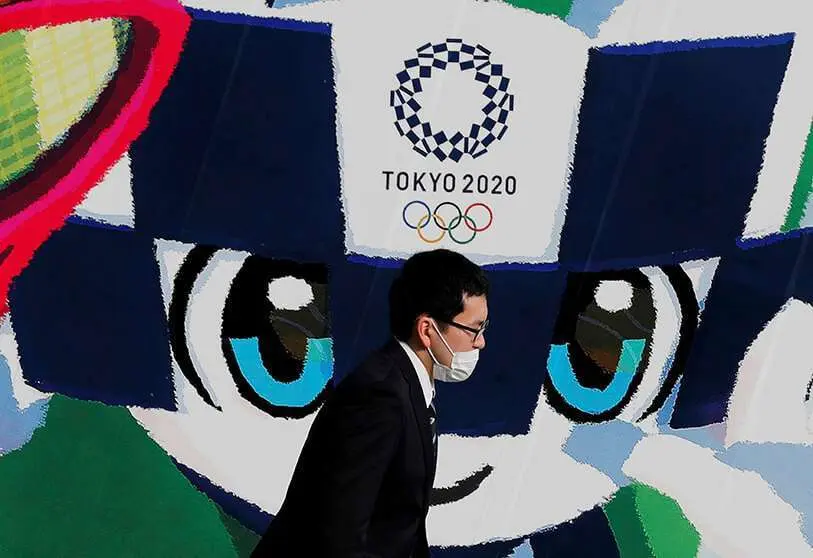Tokyo 2020, competition and diversity

Few more significant symbols of the historical time that we live in 2021 than the Tokyo Olympics and the victory of diversity. The 4 by 400 mixed relays have represented one of the stellar moments of the games, among many others, a reflection of a world that competes on an equal footing of gender and interculturality, in games marked by the Covid and by the extraordinary effort and the effectiveness of Japan in the fight against the adversities that our times have presented to us. In the medal table, a brilliant and relentless rivalry between athletes and sports and political powerhouses, currently places five Asia-Pacific countries in the top twelve: China, Japan, Australia, South Korea and New Zealand. One of them, the first, among the so-called authoritarian countries and four among the democratic-liberal countries. The United States, second, and the European powers, Great Britain, Germany, France, Italy and the Netherlands, among the twelve countries with the most medals to date. Russia, the eternal rival, also in the leading group and Spain, bordering on the recovery of the successes that Spanish sport has brought to our country in past years.
Historically, the Olympic Games have transferred to sports passion the competition between the great powers and the aspiration of emerging countries to gain a foothold in the medal table of triumph. The Cold War turned the Olympics into a showcase where the United States and the Soviet Union fought for political supremacy in a sports setting, as well as an argument to deteriorate the image of the rival superpower with boycotts such as those in Montreal and Moscow. Globalization revitalized the political - sports action of the emerging organizers, South Korea, China, Brazil, or traditional powers such as Great Britain or Russia. And now the competition between powers seems to have transformed the games into a double contest between Asian countries, on the one hand, and between democratic and authoritarian systems on the other. But the confirmation of African and Caribbean athletes in different specialties, the diversity of the medal table and above all the rise of interest and brands in women's sports, have confirmed in Tokyo what history anticipated in the world: the unstoppable triumph of equality gender and diversity.
Tokyo 2020 will go down in history for sports reasons and for the conditions of the pandemic that the organizers have boldly circumvented. Also because it has confirmed the Asian shift in the poles of influence. But also because these Olympics have reflected on the field of healthy competition, the advance of globalization and its projection of a more open, more interethnic and less uncertain world. Recovery today seems like a triple jump for Ana Peleteiro, when yesterday recovering the illusion, it seemed an insurmountable obstacle.

